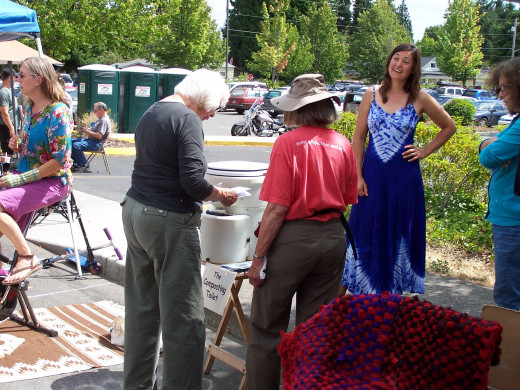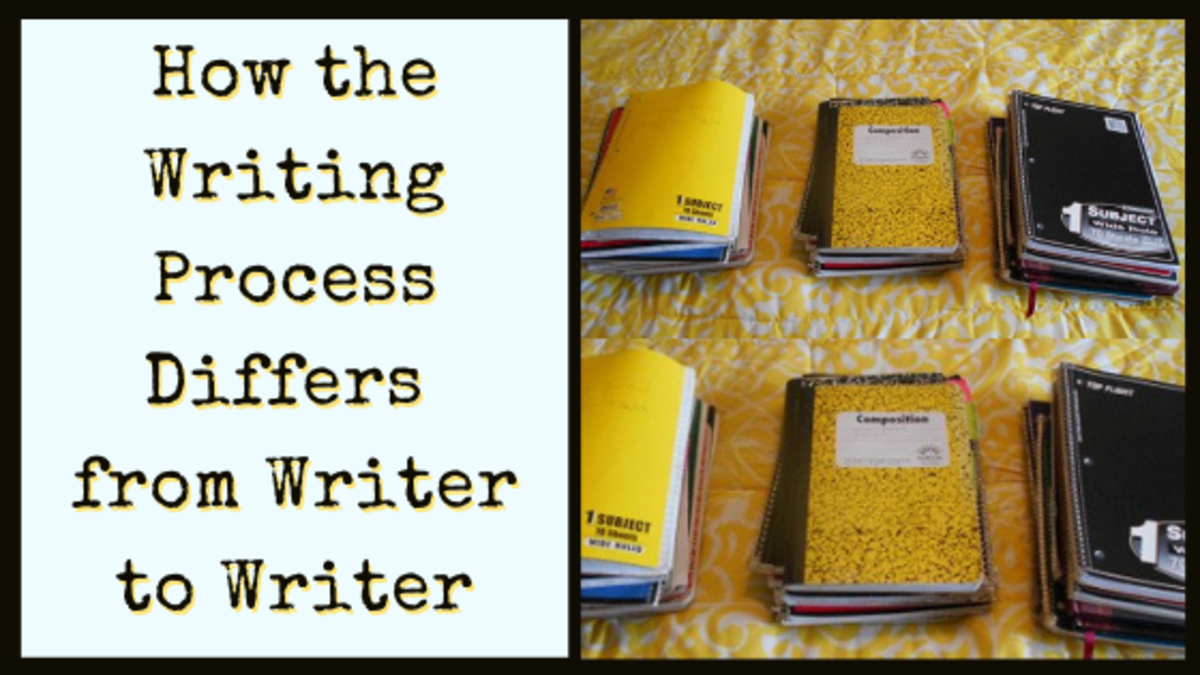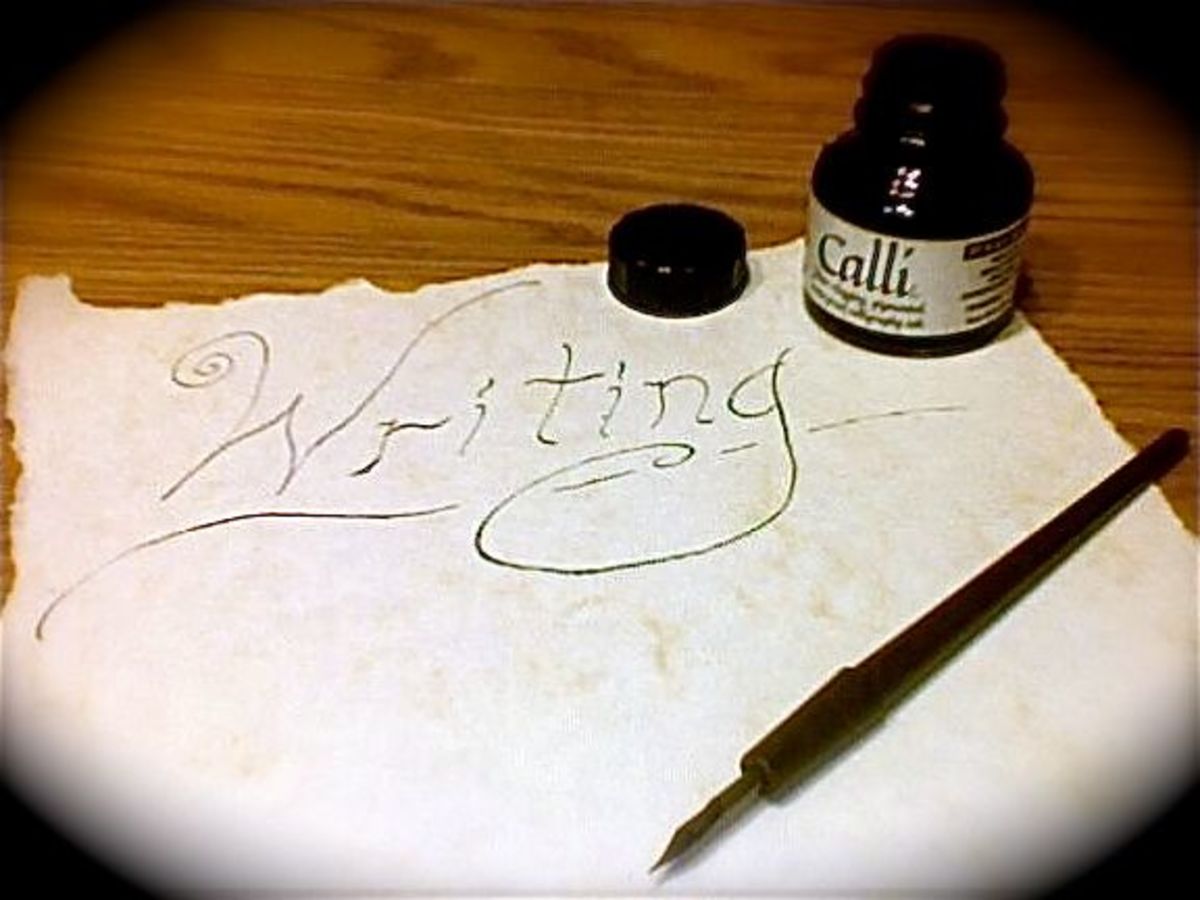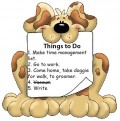How to Write Descriptions Without Relying on Adjectives and Adverbs
My Thanks to Lea Before I Begin
If you have no desire to improve as a writer, then read no further.
I’m serious!
We are talking serious writing tips for serious writers, so if you aren’t interested, then go do whatever it is you do other than improving at your craft.
If you are still here then let’s begin this discussion with a quote.
From Mark Twain:
“I am dead to adverbs; they cannot excite me. To misplace an adverb is a thing which I am able to do with frozen indifference; it can never give me a pang. ... There are subtleties which I cannot master at all,--the confuse me, they mean absolutely nothing to me,--and this adverb plague is one of them. ... Yes, there are things which we cannot learn, and there is no use in fretting about it. I cannot learn adverbs; and what is more I won't.”
- "Reply to a Boston Girl," Atlantic Monthly, June 1880
And another:
Listen, I have nothing against adverbs and adjectives. I use them myself. All writers do…they are, after all, parts of language, and where would we writers be without language?
But I do have a problem with writers who rely too heavily on adverbs and adjectives. I think adverbs and adjectives can become crutches, and I also think they can be substitutes for quality writing. Quality writing takes time and effort. To write “she was a beautiful woman” requires very little in the way of talent. However, to describe that beauty in such a way so the readers can actually picture that woman in their minds….well….that takes some serious ability.
Think about that for a second. If you say she was beautiful, my mind instantly projects a picture of a beautiful woman that may be quite different from the author’s intention. There are blond beautiful women, and brunettes; there are short beautiful women and there are large-bodied beauties. What was the author trying to say?

Let Me Give You an Example
Allow me to use an excerpt from my new novel, “Resurrecting Tobias.” At first, when I introduced the character Maria, I was going to write that she was a beautiful young woman. I wrote that sentence and then cringed. It simply would not do. This is what I decided upon instead:
. “Her hair was midnight glowing in the late afternoon sun, and her pale skin reminded me of a porcelain doll. Petite would be an apt description, but there was a strength to her readily apparent at first glance. Her face was heart-shaped, with full lips and the cutest damned ears I’d ever seen.”
Now we have a description that gives the reader something to consider and visualize.
Let’s take a look at an excerpt from one of my favorite mystery writers, James Lee Burke:
“My worst dreams have always contained images of brown water and fields of elephant grass and the downdraft of helicopter blades. The dreams are in color but they contain no sound, not of drowned voices in the river or the explosions under the hooches in the village we burned or the thropping of the Jolly Green and the gunships coming low and flat across the canopy, like insects pasted against a molten sun.
In the dream I lie on a poncho liner, dehydrated with blood expander, my upper thigh and side torn by wounds that could have been put there by wolves. I am convinced I will die unless I receive plasma back at battalion aid. Next to me lies a Negro corporal, wearing only his trousers and boots, his skin coal-black, his torso split open like a gaping red zipper from his armpit down to his groin, the damage to his body so grievous, traumatic, and terrible to see or touch he doesn't understand what has happened to him.”
From “The Tin Roof Blowdown”
Yes, there are a few adverbs in that passage, as well as a couple adjectives…but….he could have written that passage this way:
“I have had some horrible dreams filled with terrifying images.”
He chose, instead, to use the tools of his craft to write an image so vivid as to leave the reader breathless.
You better believe it took some work to do what he did in those two paragraphs.
Lazy writers need not apply.

Let’s Look at the Most Common Adverbs
Here are the top ten adverbs used in the English-speaking world:
- up
- so
- out
- just
- now
- how
- then
- more
- also
- here
And now let’s take a look at overused adjectives:
- good
- new
- first
- last
- long
- great
- little
- own
- other
- old
Seriously my friends, are not those words beneath you as a writer? If I write “he was a great friend,” am I really making an effort? If I write “it was a good party,” am I really stretching myself as a writer?
And how about you? Are you guilty of using a few of those words from time to time?

Let’s Take a Look at Another Example
This excerpt is from John D. MacDonald’s novel “The Long Lavender Look.” In this excerpt you will definitely find some adjectives and adverbs, but what I want you to notice is his attention to detail, and the way he used adverbs and adjectives for maximum effect. The scene is of two men hitchhiking down a highway.
“Scuff and clump of shoes on the blacktop. Keening orchestras of tree toads and peepers. Gu-roomp of a bullfrog. Whine song of the hungry mosquito keeping pace, then a whish of the fly whisk improvised from a leafy roadside weed. Jet going over, too high to pick out the lights. Startled caw and panic-flapping of a night bird working the canal for his dinner. And once, the eerie, faraway scream of a Florida panther.”
When I read that passage, I not only can picture that scene in my mind, but I find myself swatting at imaginary mosquitoes while reading it.
That is great writing! There is nothing lazy about that writing.
Join me on my writing website
- William Holland | Thoreau of the 21st Century
A site for writers containing tips, discussions, and other pertinent information
Final Thoughts
I do not want to give the impression that I think adverbs and adjectives are useless tools. I do not! I do think, however, that many writers lean on them too heavily, and by doing so they cheat their readers.
I want to give you an assignment. Do it, don’t do it, that’s completely up to you. I would hope you give it a try.
I’m going to give you a short sentence, and I want you to rewrite that sentence using your skills as a writer. Paint a picture. Dazzle me with your abilities.
Here is your sentence:
“It was a very cold night as I slowly walked home.”
You can write your new sentence in the comment section, or just do it for your own growth as a writer.
Finally, let me say thank you to Lea for suggesting this article. Lea, you are a quality human being and I am proud to call you my friend.
2014 William D. Holland (aka billybuc)
“Helping writers to spread their wings and fly.”










